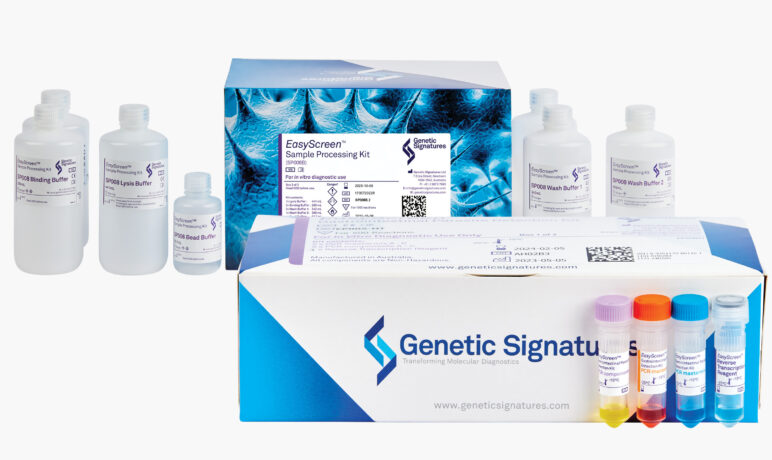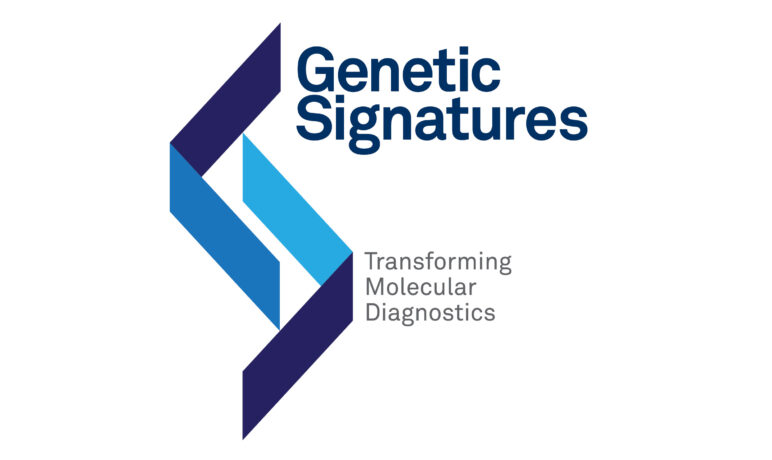Microsporidia, once previously considered parasites, have more recently been classified as fungi. This group of organisms possess resistant spores that are small in size and often mimic small yeast or debris when viewed microscopically. These spores are capable of survival outside the host for months.
Microsporidia possess a unique polar tubule that is coiled inside the structure of the organisms, which is unravelled and used to infect the host.
Microsporidia are capable of human-to-human transmission and are found worldwide. There are thousands of species but the majority of infection in humans is caused by either Enterocytozoon bieneusi or Encephalitozoon intestinalis.
E. bieneusi and E. intestinalis are considered opportunistic pathogens as they have been primarily shown to affect individuals with compromised immune systems, such as those with HIV/AIDS, organ transplant recipients, and cancer patients. Amongst these patients, the impact of infections can be significant, with dissemination common, infecting many areas of the body and organs.
Due to their impact on vulnerable populations, microsporidia infections are a notable concern in immunocompromised individuals, necessitating prompt diagnosis and treatment to manage symptoms and prevent complications.
Microsporidia: symptoms, prevention & treatment
Patients infected with Microsporidia, particularly immunocompromised patients, can experience a wide range of symptoms.
Learn more here
Microsporidia laboratory diagnosis
Learn about the challenges of traditional diagnostic techniques for detecting Microsporidia, and the benefits of molecular testing
Genetic Signatures' molecular solution for GI parasite testing
A comprehensive FDA 510(k) cleared molecular solution for detecting gastrointestinal parasites
Syndromic testing for 8 gastrointestinal parasites in a single test
Up to 60 patients screened in a single, automated workflow...with same day reporting!












